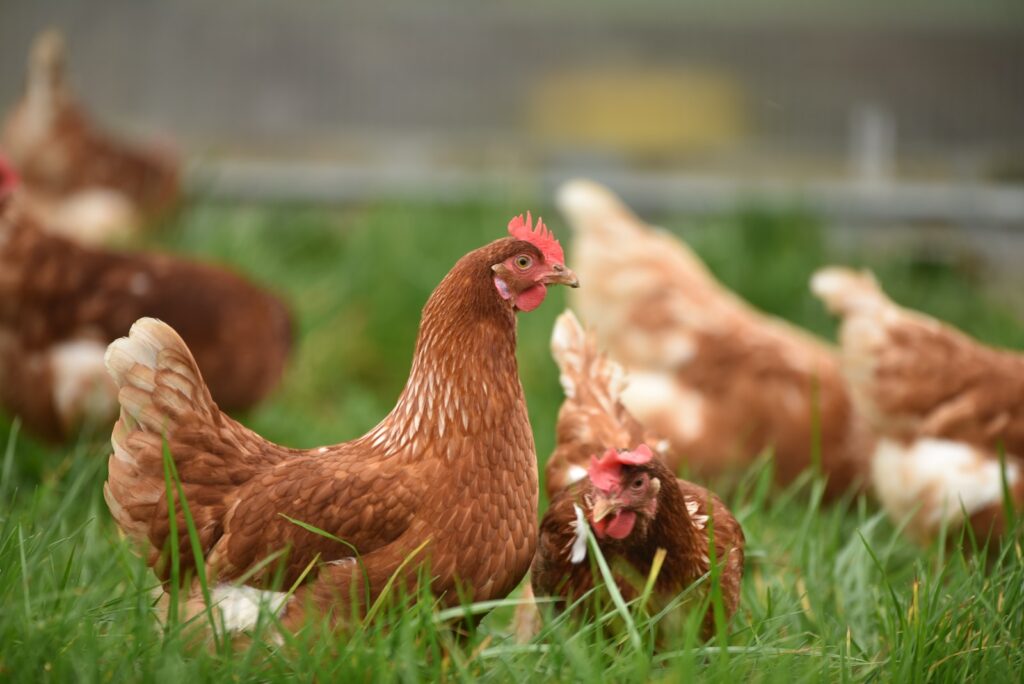Can Chickens Eat Cauliflower? — The Ultimate Guide for Chicken Owners
Chickens are delightful creatures to have as pets, and as responsible owners, it’s crucial to provide them with a nutritious and balanced diet. But when it comes to unconventional food choices like cauliflower, many chicken owners wonder if it’s safe to feed it to their feathered friends. In this guide, we will address this burning question and shed light on the benefits, precautions, and recommended feeding practices related to giving cauliflower to chickens.
The Health Boosts of Cauliflower for Chickens
Cauliflower can offer some excellent health advantages to chickens when included in their diet. This cruciferous vegetable is rich in essential vitamins and minerals, making it a valuable addition to their meals. The high vitamin C content in cauliflower helps boost the immune system of chickens and keeps them healthy. Additionally, the presence of vitamin K helps in the development and maintenance of strong and healthy bones in the birds.
Furthermore, cauliflower contains beneficial antioxidants that have anti-inflammatory properties, which aid in reducing the risk of diseases in chickens. These antioxidants also contribute to promoting overall cellular health and combating oxidative stress.
The Frequency and Quantity of Feeding Cauliflower to Chickens
When it comes to offering cauliflower to chickens, moderation is key. It is advisable to include cauliflower as an occasional treat rather than a staple part of their diet. A small amount, such as a few florets per chicken, once or twice a week, can be a suitable quantity to provide the necessary health benefits without causing any dietary imbalances.
If you notice any digestive issues in your chickens, such as loose stools or bloating, it is recommended to reduce or eliminate cauliflower from their diet and consult a veterinarian for further guidance.
Considerations and Precautions
While cauliflower is generally safe for chickens to consume, it’s important to exercise some cautions. Firstly, always ensure that the cauliflower is fresh and of high quality. Avoid feeding your chickens cauliflower that has mold or discoloration, as it may indicate spoilage.
Additionally, when introducing cauliflower to your flock, start with small amounts to allow their digestive systems to adjust. Some chickens may experience gas or digestive upset when initially introduced to new foods, so closely monitor their well-being after feeding them cauliflower for the first time.
Suitable for Other Pets?
Cauliflower is not restricted to chickens alone; several other pets can also safely enjoy this vegetable. Dogs, for instance, can benefit from occasional servings of cooked or steamed cauliflower with their meals. It can provide them with additional nutrients and serve as a healthy alternative to processed dog treats.
Cats, on the other hand, are obligate carnivores and derive most of their nutrition from meat-based diets. While small amounts of cooked cauliflower can be offered to cats as an occasional treat, it should not replace their primary protein-based meals.
Conclusion
In conclusion, chickens can indeed enjoy the nutritional benefits of cauliflower. With its abundance of essential vitamins, minerals, and antioxidants, cauliflower can contribute to the overall health and well-being of your flock. However, it is essential to offer cauliflower in moderation, as too much can upset their digestive systems. Additionally, always ensure the cauliflower is fresh, and monitor your chickens for any adverse reactions. Remember, responsible feeding is key to maintaining happy and healthy chickens!





